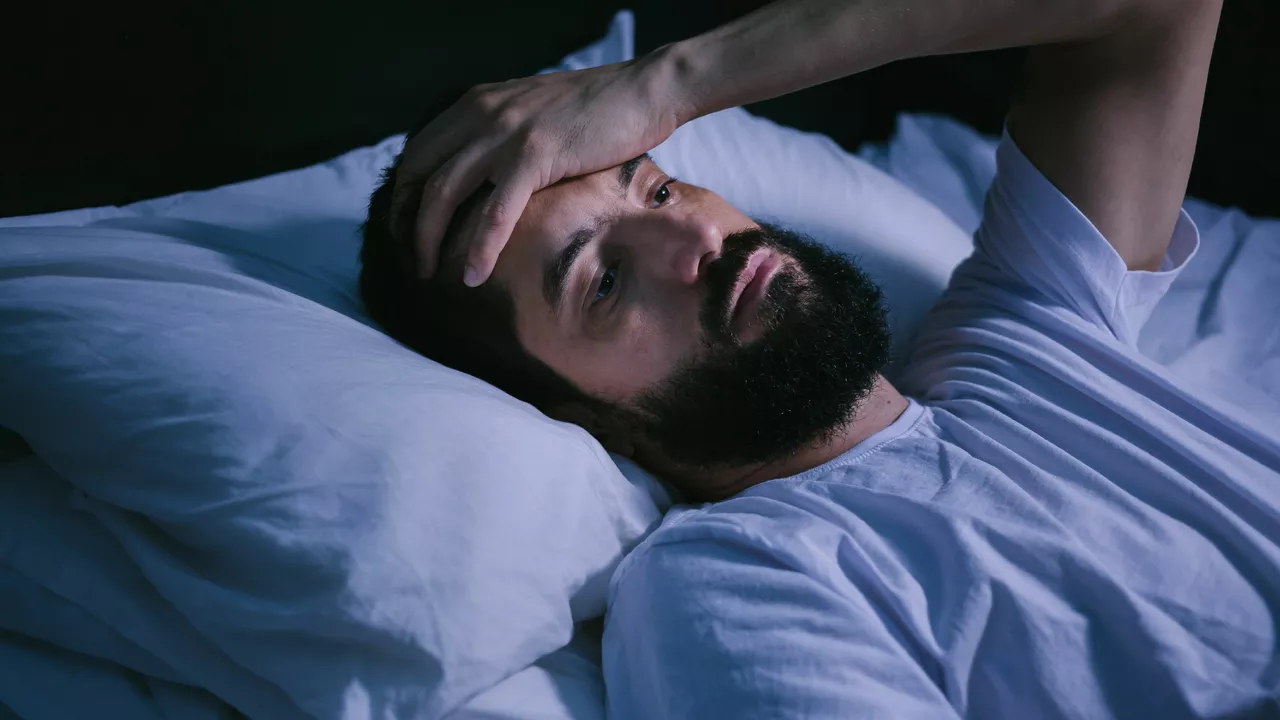Sleep: Practical Tips and Safe Medication Advice
Struggling to fall asleep or wake up exhausted? You’re not alone. Sleep problems show up as trouble falling asleep, waking during the night, or not feeling rested. Small, targeted changes often make the biggest difference. Below are clear, usable steps you can try tonight and facts about common sleep medicines so you don’t make things worse by accident.
Quick, Practical Sleep Habits
Keep a steady schedule. Go to bed and wake up at the same time every day, even weekends. Your body likes routine.
Control light and temperature. Make the room dark and cool — around 65°F (18°C) usually helps. Use blackout curtains or an eye mask if needed.
Limit screens before bed. Put phones and tablets away an hour before sleep. Blue light tricks your brain into staying awake.
Watch caffeine and alcohol. Avoid caffeine for at least 6 hours before bed. Alcohol might help you fall asleep but fragments sleep later in the night.
Use a short wind-down routine. Read, stretch gently, or do breathing exercises for 10–20 minutes. A predictable pre-sleep routine signals your brain it’s time to shut down.
Track patterns. Keep a simple sleep diary for two weeks: bedtime, wake time, naps, caffeine, and how rested you feel. That helps you and your provider spot what’s really causing trouble.
Medications, Risks, and When to See a Doctor
Over-the-counter options like melatonin can work for short-term issues. Typical doses range from 0.5–5 mg at night; start low. Antihistamines such as diphenhydramine make many people drowsy but cause next-day grogginess and tolerance over time — avoid nightly use.
Prescription meds — zolpidem, eszopiclone, trazodone, and short-term benzodiazepines — may help but bring risks: dependency, daytime sleepiness, and dangerous interactions with alcohol or opioids. Older adults should avoid drugs with strong anticholinergic effects (they raise fall and confusion risk).
Mental health meds change sleep too. Some antidepressants help; others cause insomnia. If you’re on medicines like SSRIs, talk to your prescriber before changing anything.
Prefer behavior first. Cognitive Behavioral Therapy for Insomnia (CBT-I) beats pills for long-term results and reduces relapse. Ask your clinician about CBT-I or online programs if insomnia lasts weeks to months.
See a professional if you snore loudly, gasp, stop breathing, or fall asleep during the day. Those are red flags for sleep apnea. Also seek help for excessive daytime sleepiness, sudden muscle weakness with emotion (possible narcolepsy), or if sleep loss is hurting your work or mood.
At RexMD.SU we cover medication details, drug interactions, and treatment options related to sleep and fatigue. Use that info when you talk to your doctor, and avoid changing doses or mixing drugs on your own.
Want tailored next steps? Try a sleep diary for two weeks, cut late caffeine, and bring your notes to a clinician if problems persist. Small steps can lead to better sleep fast.

